The Origins of “Uncle Sam”
On September 7, 1813, a newspaper referred to the United States as “Uncle Sam.” The name reportedly came from Troy, New York’s Uncle Sam Wilson, and has since become one of America’s most enduring national symbols.
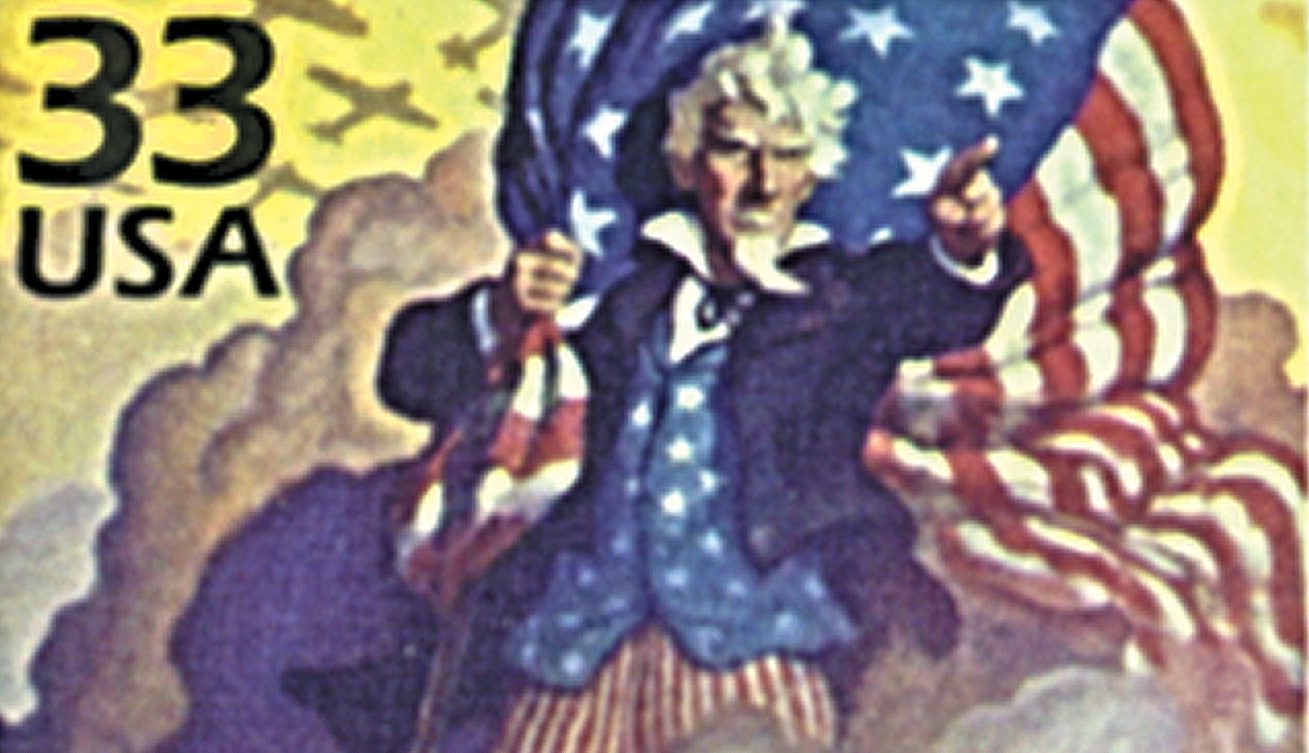
On September 7, 1813, a newspaper referred to the United States as “Uncle Sam.” The name reportedly came from Troy, New York’s Uncle Sam Wilson, and has since become one of America’s most enduring national symbols.
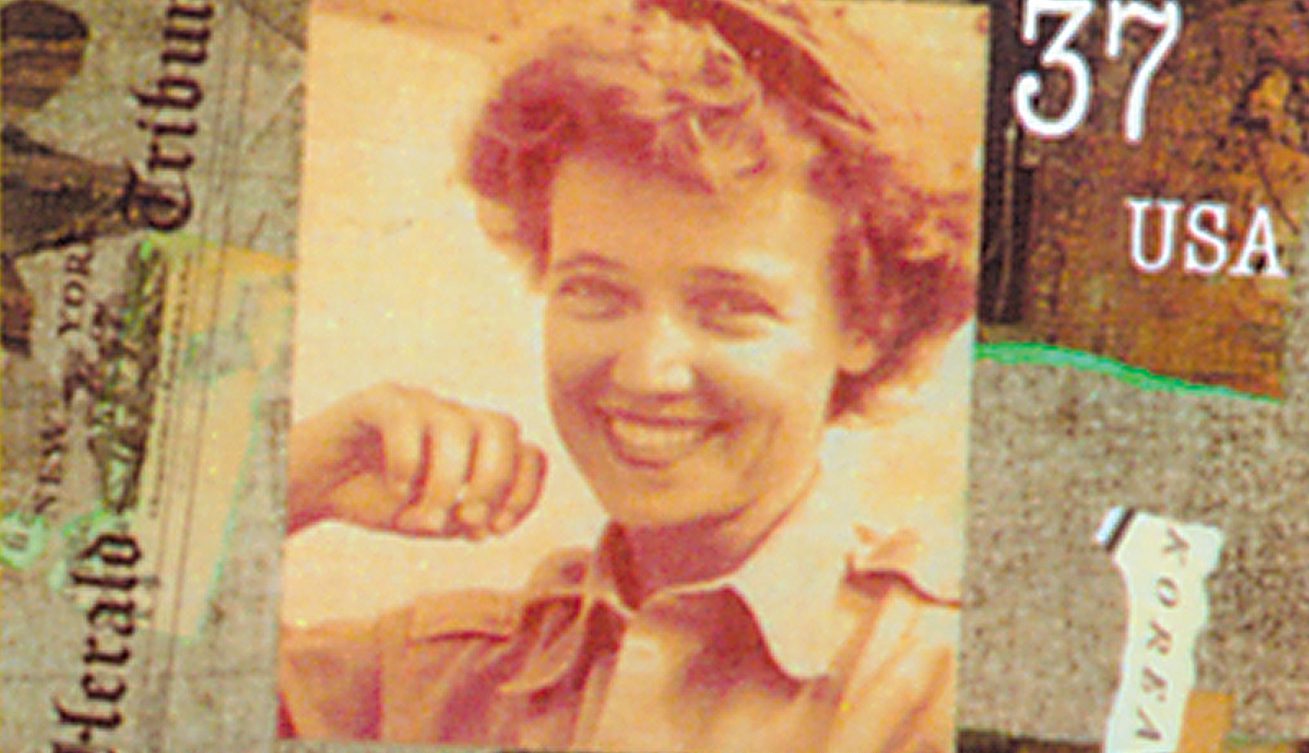
Marguerite Higgins Hall was born on September 3, 1920, in Hong Kong, China. A war correspondent for World War II, Korea, and Vietnam, she was the first woman awarded a Pulitzer Prize for international reporting.
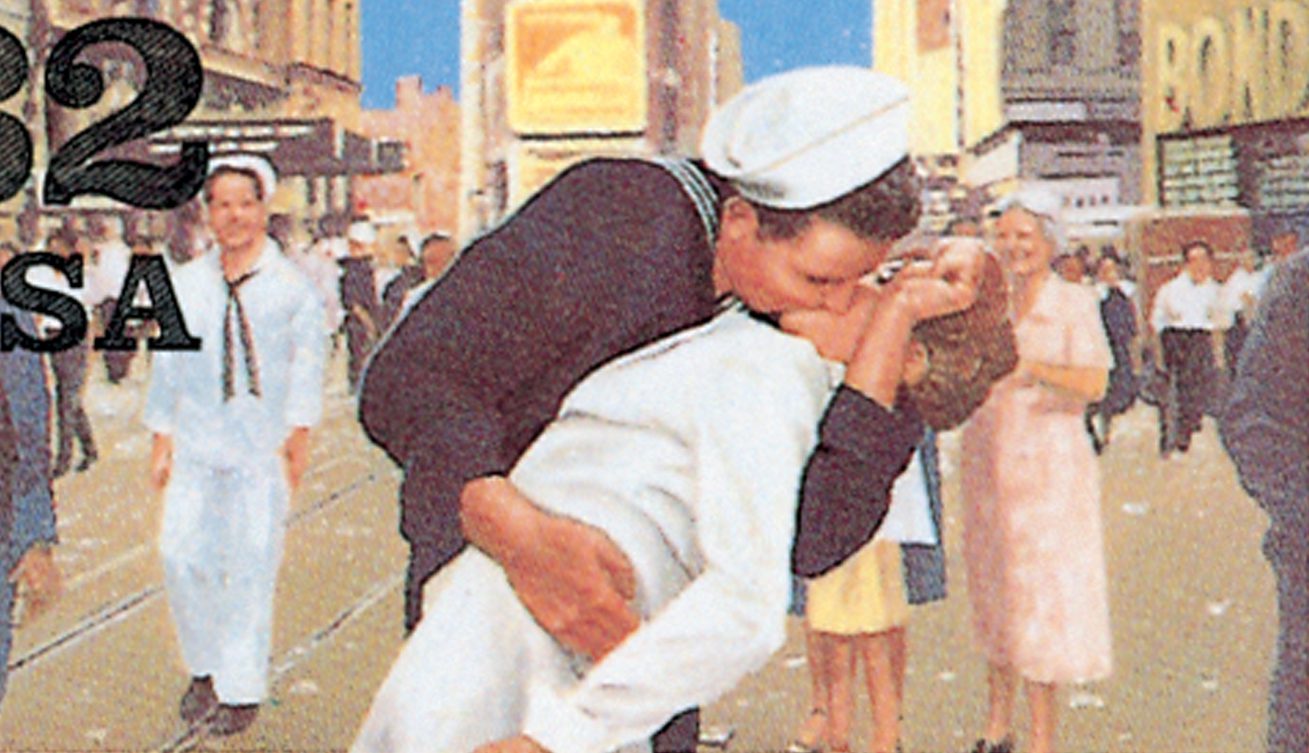
On September 2, 1945, Japan formally surrendered to the Allies aboard the USS Missouri. This is celebrated as VJ in the US. Many other countries celebrate VJ Day on August 15, when Japan announced its surrender.
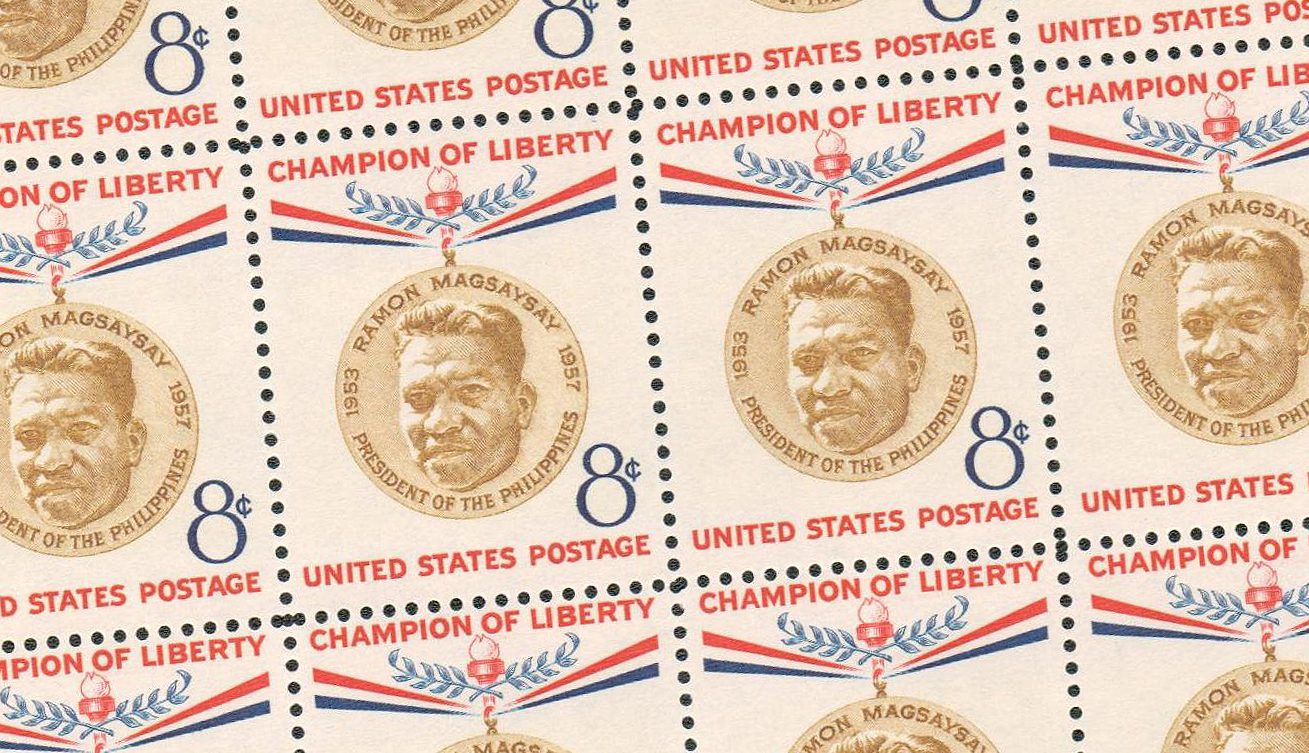
Ramon del Fierro Magsaysay Sr. was born on August 31, 1907, in Iba, Zambales, Philippine Islands. The Philippines’ seventh president, his administration was known for being free of corruption. He was later called the Champion of the Masses and the Defender of Democracy.
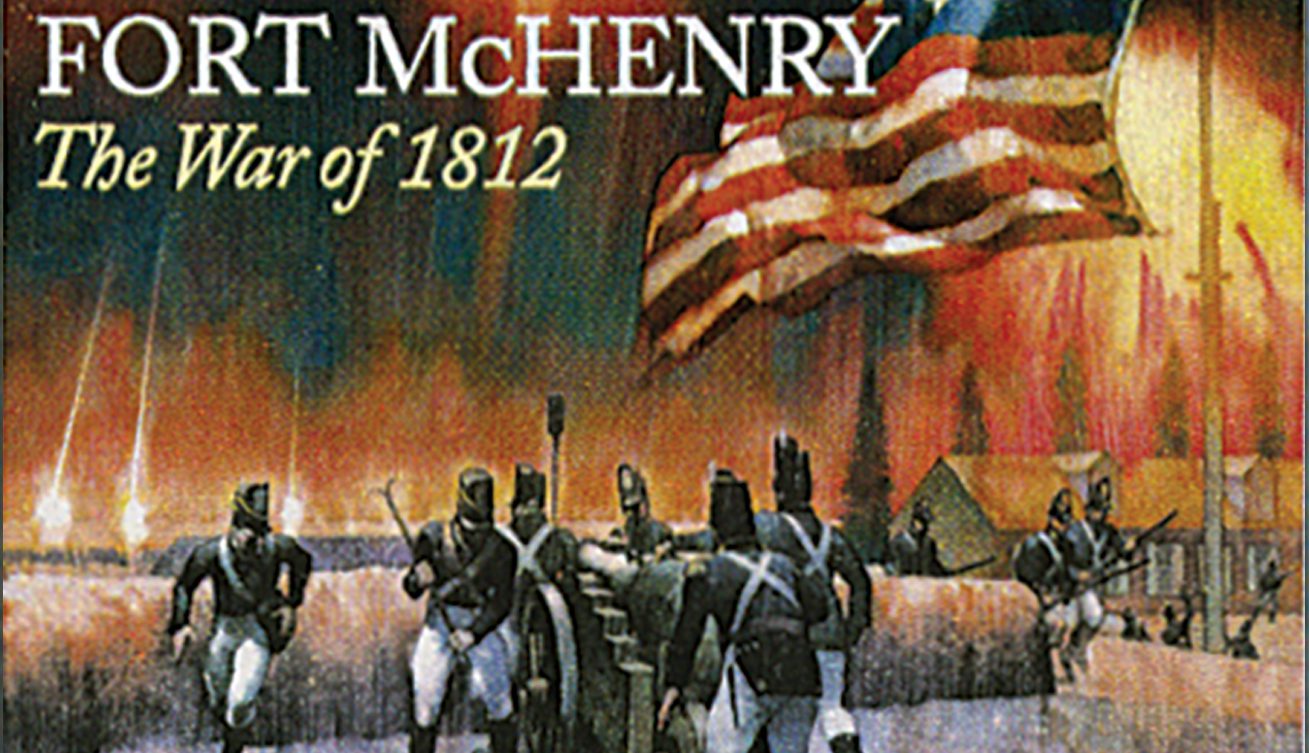
On August 11, 1939, Congress established Fort McHenry National Monument and Historic Shrine. The monument honors and preserves this historic fort where our national anthem was born. It’s also the only place in the National Park system to be designated a Historic Shrine.
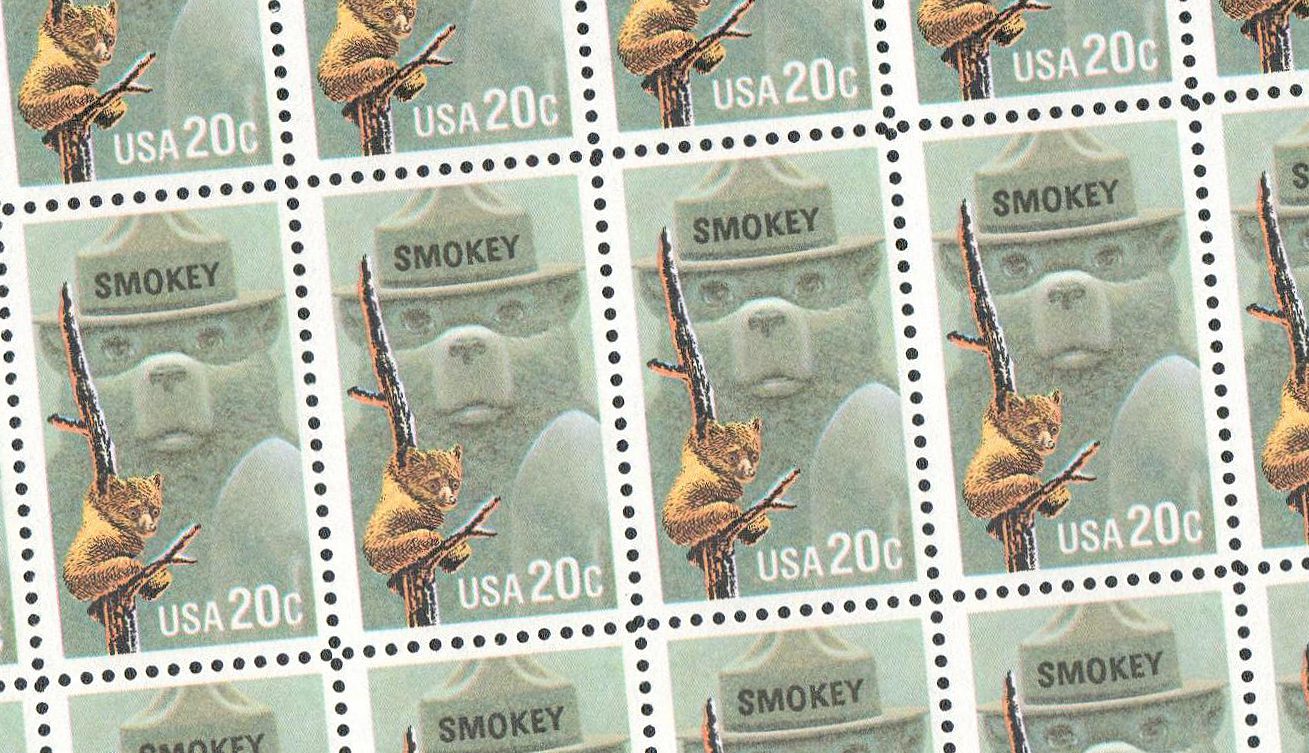
On August 9, 1944, the US Forest Service created Smokey Bear to encourage people to prevent forest fires. The Wildfire Prevention Campaign is the longest-running public service announcement campaign in US history, and Smokey has become an icon recognized around the globe.
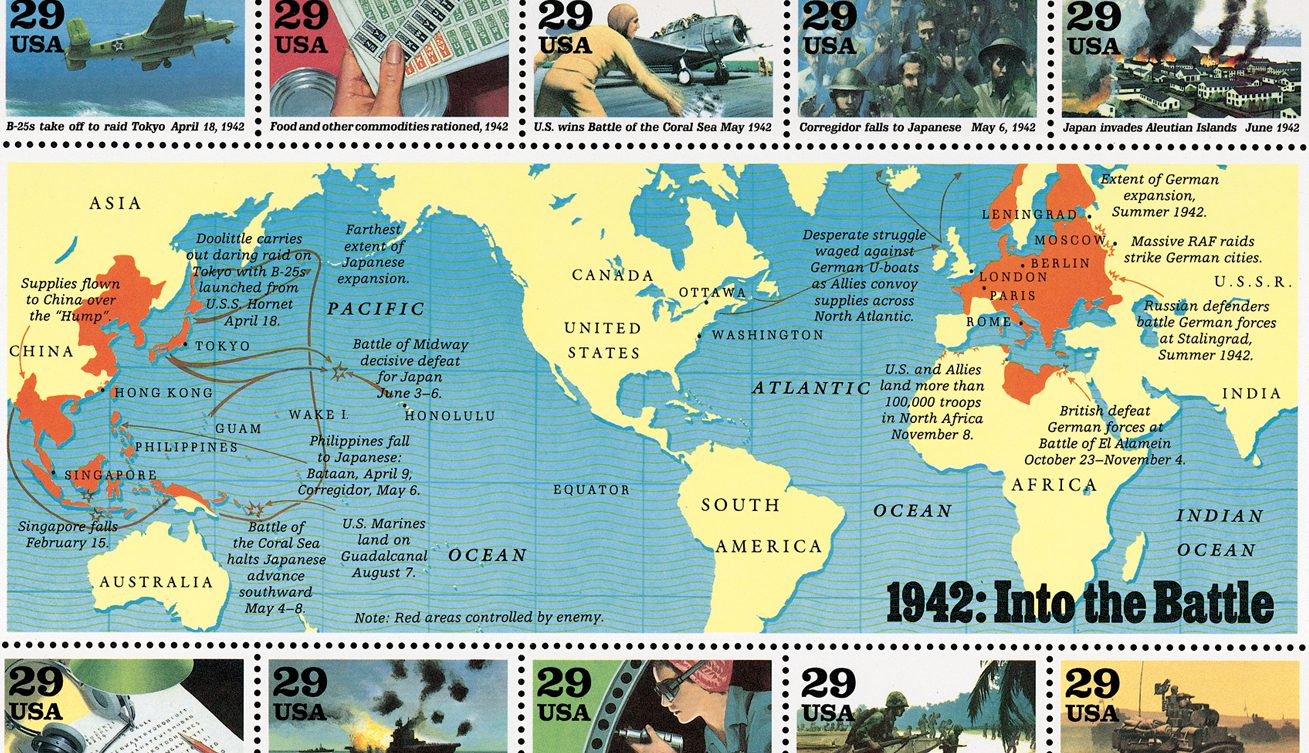
On August 7, 1942, Allied troops landed on Guadalcanal, Tulagi, and Florida in the southern Solomon Islands. The Guadalcanal Campaign, also known as Operation Watchtower, was the Allies’ first major offensive against the Japanese Empire.
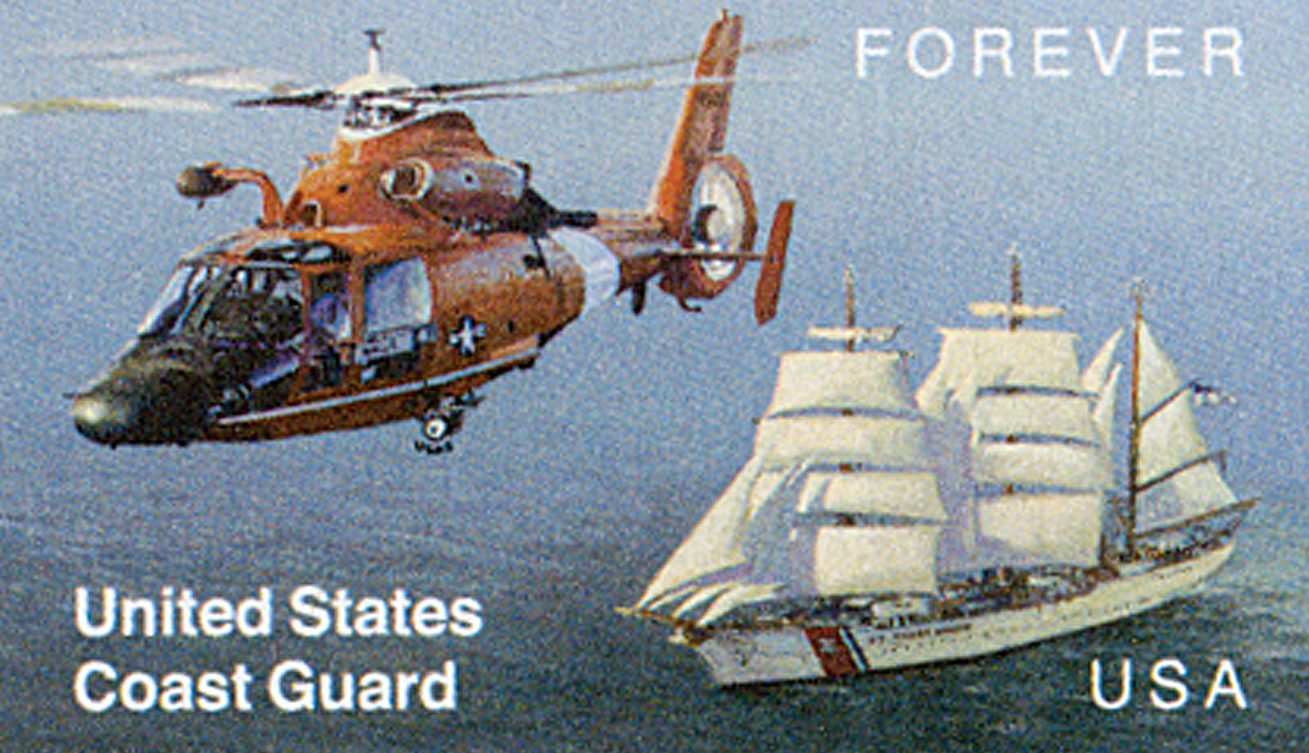
On August 4, 1790, President George Washington passed a new Tariff Act that created the United States Revenue Cutter Service, the forerunner of the US Coast Guard. The Revenue Cutter Service was America’s only armed maritime service until the Navy was formed in 1798.
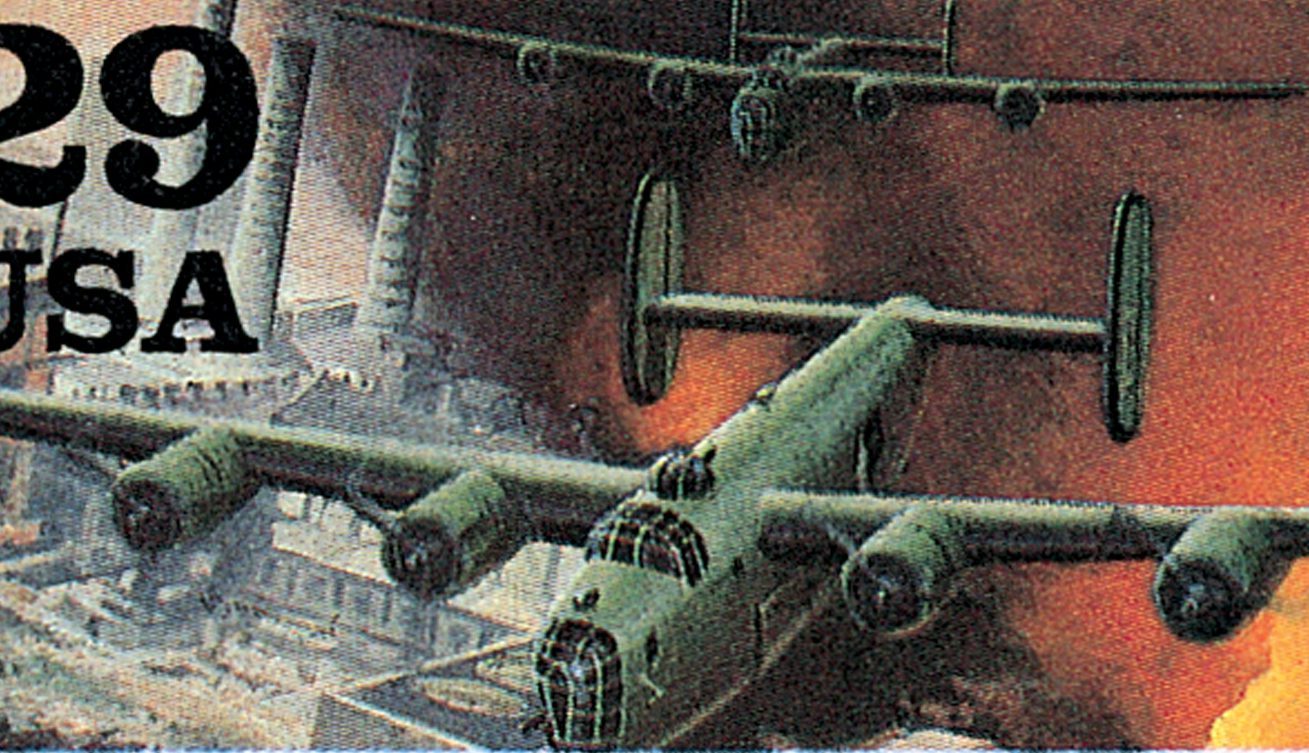
On August 1, 1943, US Army Air Forces bombed oil refineries in Ploesti, Romania. It was part of the Allies’ oil campaign, to cut off Germany’s petroleum supply during World War II.